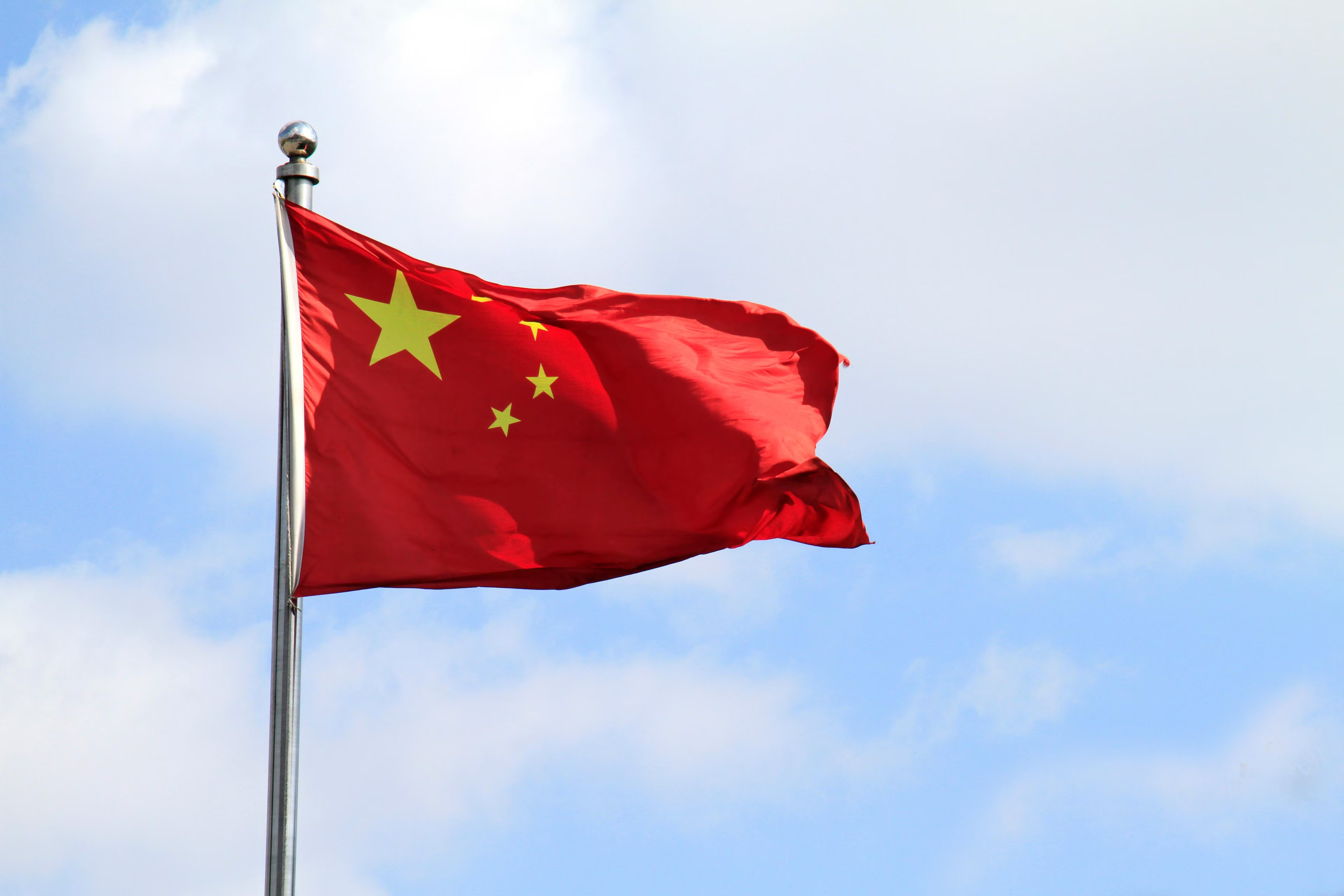Anwar Urges for Unity as Trade War Tensions Escalate

KUALA LUMPUR, 8 April 2025 – As the global economy braces for a potential trade war triggered by the latest U.S. tariff policies and China’s swift retaliation, Prime Minister Datuk Seri Anwar Ibrahim is doubling down on calls for regional solidarity and a united domestic front to shield Malaysia’s economic resilience and trade interests.
Anwar emphasized that Malaysia must lead efforts in pushing for a collective ASEAN strategy, while at the same time mobilizing a whole-of-nation approach to withstand external shocks caused by rising protectionism and global supply chain disruptions.
ASEAN Must Speak with One Voice
At the upcoming 12th ASEAN Finance Ministers and Central Bank Governors’ Meeting (AFMGM), Prime Minister Anwar is expected to make a case for consensus-based regional economic policies, particularly in the face of the United States’ aggressive tariff regime under President Donald Trump.
“The Prime Minister will emphasize the need for ASEAN countries to come to a consensus on further strengthening economic and trade matters in the region,” said Tunku Nashrul Abaidah, Senior Press Secretary to the Prime Minister.

The U.S. tariffs, designed to penalize trade surplus nations, threaten to derail intra-ASEAN trade growth, which has been recovering steadily post-pandemic. Anwar is reportedly advocating for a joint ASEAN response framework that includes:
- Coordinated diplomatic engagement with Washington
- Regional investment rebalancing strategies
- Expanded intra-ASEAN trade facilitation
China Hits Back with 34% Tariff on U.S. Goods
In a swift countermeasure, China announced it would impose a 34% tariff on all imports from the United States, effective 10 April 2025. The decision, announced by the Chinese Ministry of Finance, is in direct response to the U.S.’s unilateral trade actions.

Global markets reacted with caution, and trade experts warned that the escalating tit-for-tat could result in widespread supply chain shocks across Asia-Pacific—where both China and the U.S. remain dominant trade players.
“This move by China could escalate retaliation and create ripple effects across dependent economies like Malaysia,” said a trade analyst at the Institute of Strategic and International Studies (ISIS) Malaysia.
A Whole-of-Nation Approach to Trade Resilience
In response to growing volatility, Anwar has also called for domestic alignment among public and private sectors, stating that the country must act with “unity and urgency” to protect its socio-economic well-being.
“All business sectors and the people of Malaysia need to work together with a united front to ensure the country’s socio-economic well-being,” said Tunku Nashrul.
Anwar reiterated that Malaysia has the macroeconomic strength to endure external pressures, but warned that complacency would be detrimental.
The government is exploring:
- Fiscal buffers for export-exposed SMEs
- Expansion of alternative trade corridors
- Public investment in digital supply chain tracking
Strategies to Mitigate Impact
The Ministry of Investment, Trade and Industry (MITI) has begun stakeholder consultations with key industrial sectors to craft a multi-tiered response that includes:
- Market diversification to reduce U.S. dependency
- Trade facilitation with RCEP and CPTPP members
- Technology upgrading to move up the export value chain
Anwar is also expected to engage with global trade partners at upcoming forums, including the Asia-Pacific Economic Cooperation (APEC) meetings, to explore collaborative mitigation strategies.
From Reaction to Readiness
With the global trading system facing a pivotal moment, Anwar’s dual strategy—regional cohesion and national preparedness—offers a pragmatic path forward.
While China and the U.S. battle over tariff supremacy, middle economies like Malaysia must remain agile, adaptive, and aligned in both voice and vision. Through a combination of strategic diplomacy, policy reform, and economic resilience, Malaysia seeks not just to survive—but to lead.
Stay connected with ForwardMalaysia.my for exclusive updates, expert commentary, and policy coverage on Malaysia’s response to the global trade reset.








